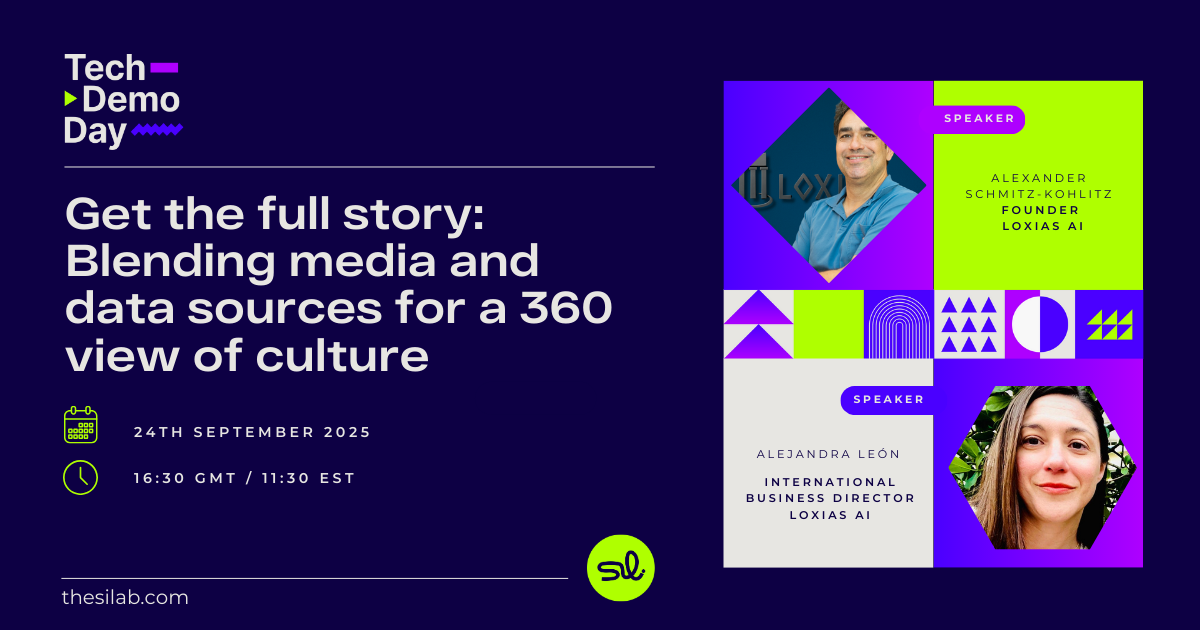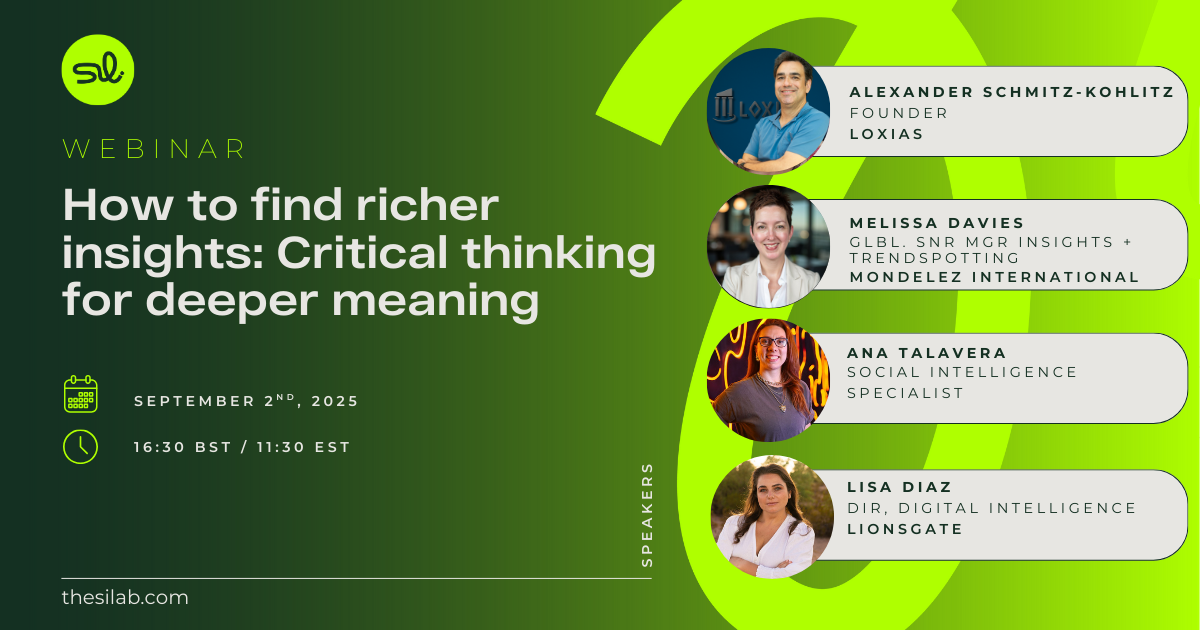
How is the rise of private chat channels affecting social data analytics?
Social data analytics provides valuable insights into consumers – from their interests and motivations to their complaints and perceptions. But like all approaches, it has its limitations. One of those limitations involves private chat channels. These restrict analytics tools from accessing and analysing conversation data.
How exactly does this affect social data analytics as a whole?
What are private chat channels?
As the name suggests, private chat platforms offer a channel through which users can send messages that are accessible only to the people for whom the messages are intended. That means analytics tools cannot analyse the conversations that happen within those channels.
This is unlike public social networks, such as Facebook and Twitter, where users can share and access lots of personal information. Social data analytics tools also have access to this information, which they can analyse to provide social intelligence insights.
Platforms like Clubhouse, Discord, and WhatsApp are all private chat channels. They’re a part of what we call “dark social,” which also includes private messaging on Instagram and Facebook Messenger.
Many chat platforms even come with end-to-end encryption so that messages sent on the platform – whether it’s between two individuals or within a group – are scrambled. This adds an extra layer of security to protect user privacy.

What challenges do private channels present for social intelligence research?
With the increasing concern over privacy, private chat channels continue to gain popularity:
- WhatsApp has 78.6 million users in the U.S alone and will likely reach 85.8 million users by 2023. Worldwide, the number stands at a whopping 2 billion users, with over 100 billion messages sent out per day.
- Although it just launched in April of 2020 and initially followed an invite-only policy, Clubhouse already has more than 10 million users.
- Discord has amassed 300 million registered users, among which 140 million are active on a monthly basis. And these users send out 850 million messages every day.
Meanwhile, Twitter sees about 500 million tweets per day, which is impressive but doesn’t compare to interactions on private chat channels. And although Facebook users upload 350 million photos a day, this doesn’t say much about the actual interactions between people on the platform.
These numbers show that there are a lot more interactions happening between people on private chat channels than on public ones. Radium One even estimates that dark social shares account for 84% of on-site shares worldwide. Meanwhile, Facebook and other public social networks account for just 16%.
This can present a challenge for businesses that want to conduct social intelligence research because they only get to analyse the data available on public channels. And, as you can tell by these numbers, the data available on these channels is limited. There’s a lot more information out there that can paint a more complete picture about your audience. But with the limited data that analytics tools have to work with, the insights you can gather will either be incomplete or skewed.
Moreover, private chat channels offer users the ability to be their authentic selves, which means there are likely to be many conversations that will never occur on public social media. These are likely to be more representative of the user’s true thoughts and feelings. On public social media, users often feel obliged to maintain a certain image in front of followers, which may include colleagues, relatives, and distant acquaintances.
So not being able to access this honest and complete data will prevent analysts from gauging the true feelings and intentions of the audience.
Potential solutions for accessing more authentic data
Although social listening tools may never be able to access the data on private chat channels, there are some workarounds for accessing more authentic data:
- Find a different way into the community. Developing relationships with key dark social communities can help you fill in some of those holes.
- Consider other data sources, such as Reddit, where niche forums include more genuine responses. The platform offers anonymity to its users, which means there’s a better chance of getting honest and authentic insights from the source.
- Find a way to communicate with customers on private channels. You could create community groups on these platforms to collect feedback from your audience. While this may limit you to only some kinds of insights, it can still uncover some valuable data not available on public social networks.
As concerns over individual privacy continue to rise, you can expect to see a growing shift toward private chat channels. Businesses and analysts may never be able to get complete insights from these channels, but using the workarounds above can help them overcome some of the limitations.
This interview was recorded via LinkedIn Live, if you prefer to view on LinkedIn, click the button below.
View InterviewSee related content
.png)








.jpeg)


